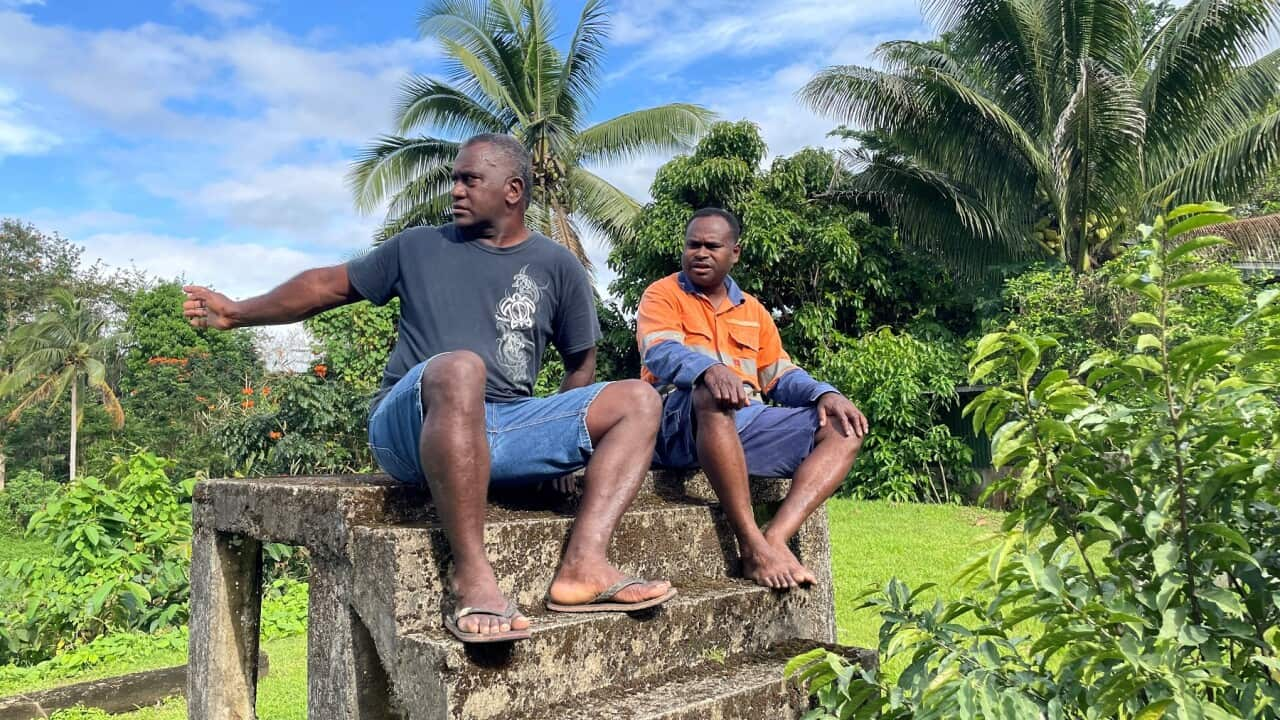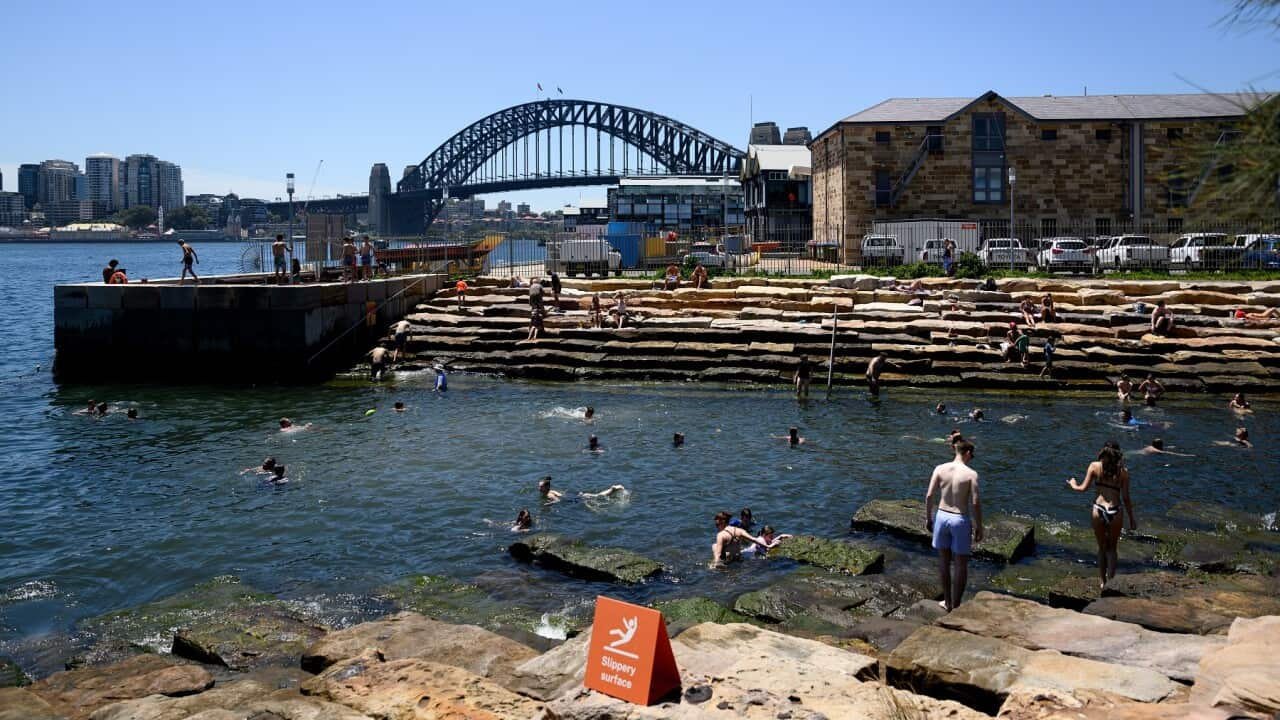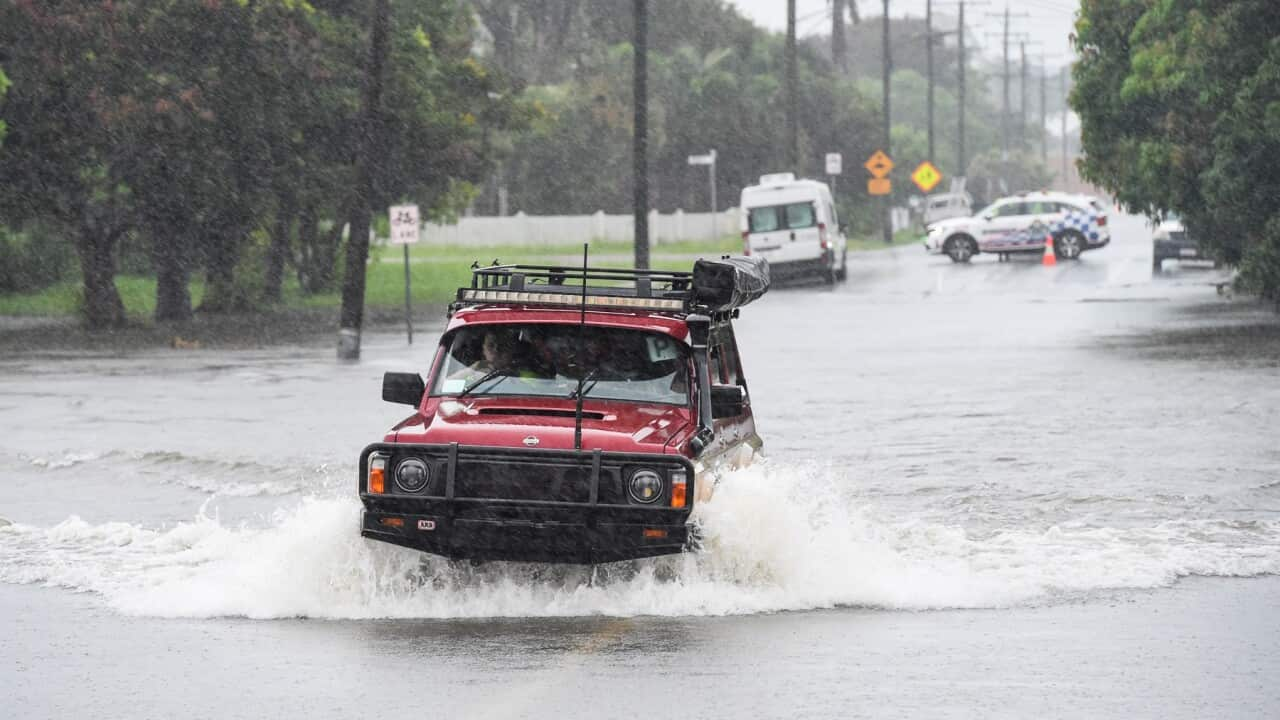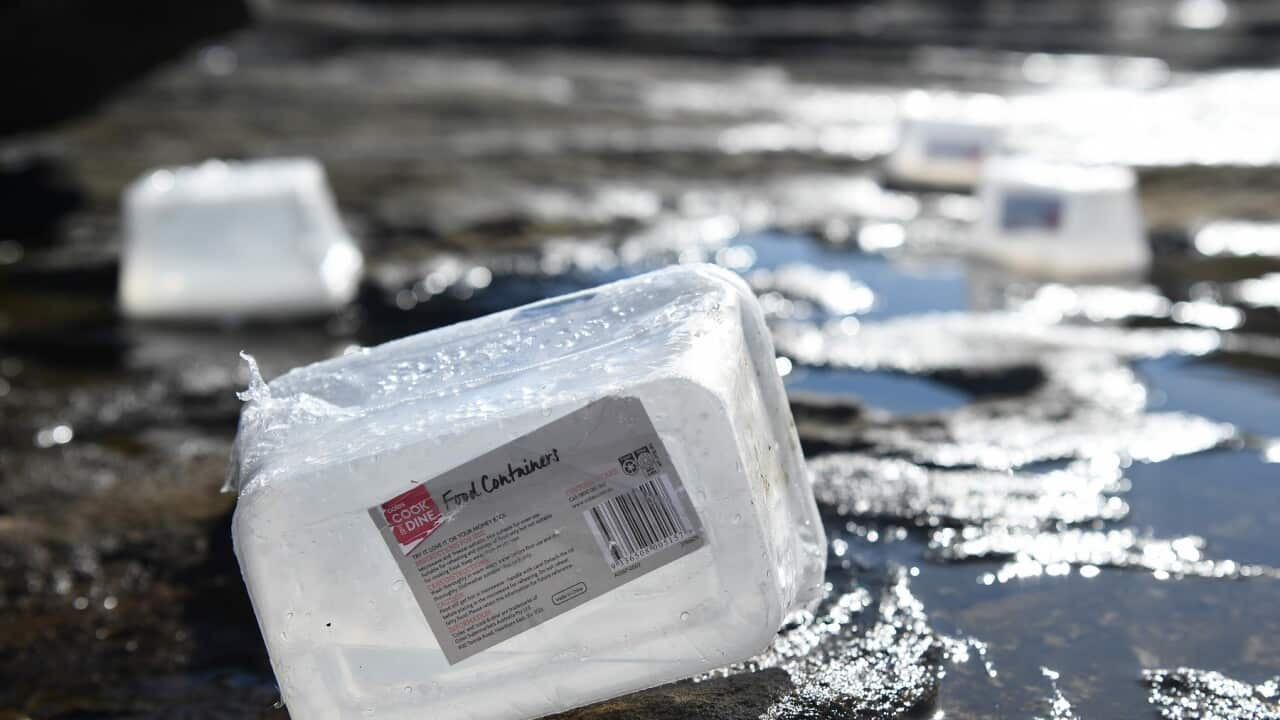TRANSCRIPT
Just an hour’s drive north-east of Fiji's capital Suva, along the banks of the tidal Waimanu River,
The land on which Vuniniudrovu Village stands - is disappearing.
Apete Vodivodi is the Village head man.
“20 years ago the village was about 80 meters wide but now we've got only 40 meters left. When heavy rain come then there is a flood coming. We can't do anything. The land is still sliding, the land erosion going.”
Apete grew up in this village -
And with a plan to move some 25 houses to higher ground, he is determined to save it.
Standing at the river bank, he recalls the climate-related changes to the environment he has witnessed in his lifetime.
APETE: “1989 we have been playing here, we have been doing our farming here, by this time it's a big change.”
REPORTER: “How bad is the flooding?”
APETE: “The flooding right now... Just last week we had one flood here, about 3 metres .... every time the flood comes, this is the cost.”
According to Fiji's Prime Minister Sitiveni Rabuka ((Ram-book-ah)), the relocation of a village is a costly process.
“Relocation of villages is not too much of a problem, it's a cost of relocation and the materials we are going to use, and the structures that are going to be built. They have to be built to withstand cyclone category five now.”
In this area, some of the funding has come from overseas.
This is Inoke ((In-oh-kee)) Kasanibui ((Kas-ani-boo-ee)), from Vuniniudrovu's Landowner's Resources Committee.
“This relocation process is working closely with the German government and the government of the day of the Fiji government and the people in the village. It's better for them to move out for their safety, disasters can happen at any time. It's just a matter of saving lives.”
A sense of relief felt by some villagers living near the river.
VOX 1: “Before the riverbank used to be far away from us, now it's right beside our house. To relocate - we are looking forward to it.”
VOX 2: “We want to move the house on the top of the hill to rest well, to sleep well, everything like that.”
This situation isn't an isolated case: across Fiji there are more than 40 villages earmarked for relocation due to their vulnerability to a changing climate and some, like Makereta) Waqavonovono from Climate Tok, fear that list is only set to grow.
Climate Tok is a Fijian organisation that supports community-informed approaches to addressing loss and damage, and climate-forced displacement.
“There are hundreds of villages which are going to have to think about moving. Fiji, at least we have land, we can move uphill, or away from the shorelines, the smaller atols are the ones that are facing, they need to move.”
Some villagers in Fiji's northern division are still in temporary camps, after their homes were destroyed by back-to-back cyclones almost four years ago.
The first stages of a resettlement plan was announced by the Fijian government earlier this month.
“That village, Nabavatu, the grounds were deemed to be not safe. They're still living in those tents.”
The connection to land is another consideration for relocations.
Vani Catanasiga is the executive director of the Fiji Council of Social Services.
“This is the process, you're going to be dealing with people who have been traumatised because they're going to leave a space where their cultural practices and their sense of being is taking place.”
Accounting for just 0.02 per cent of global emissions - those living in the Pacific Islands are bearing the brunt of a changing climate.
This is Apete Vodivodi again.
“We have to consult that all the people near the river, near the reef or near the sea, it's time to move up.”
A move to keep a village together - and provide a home for generations to come.













